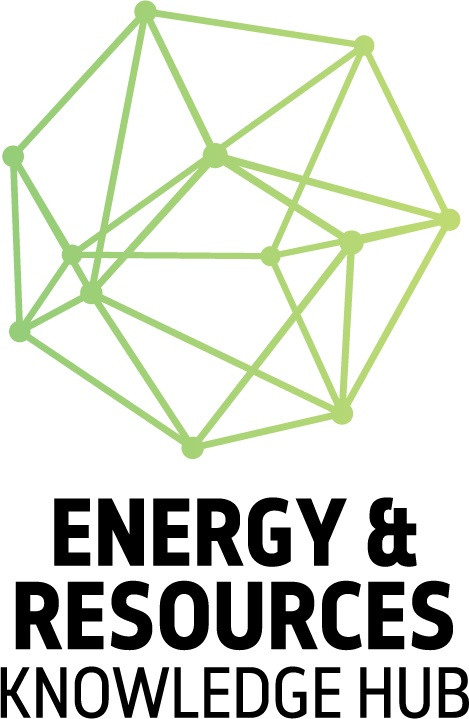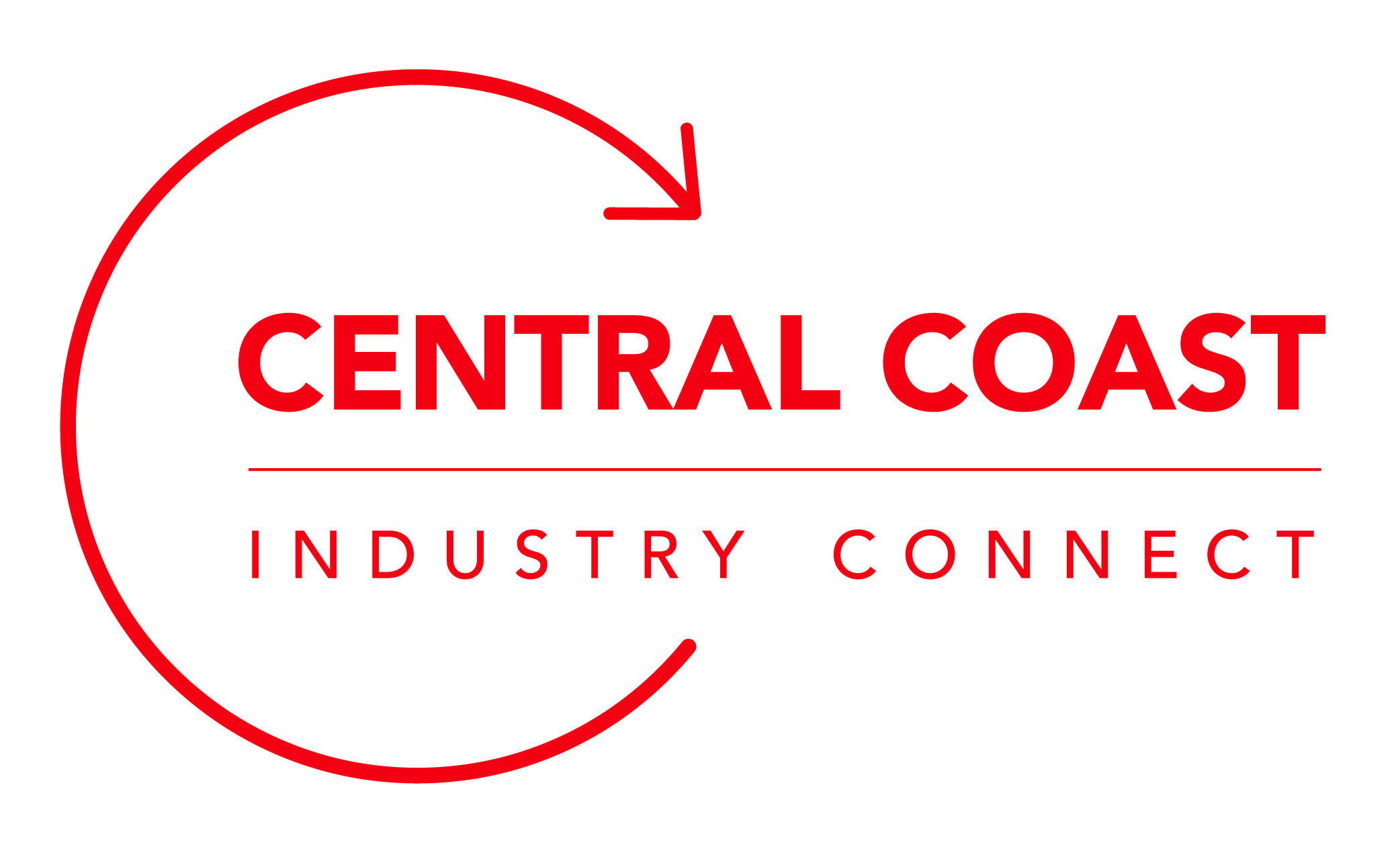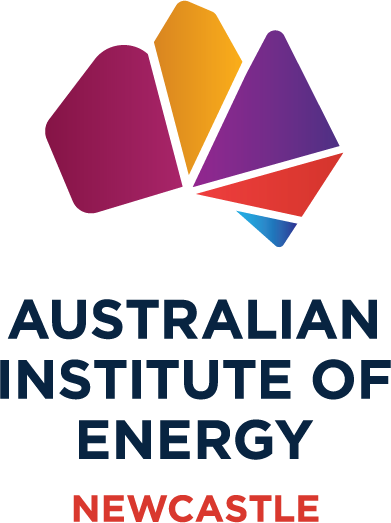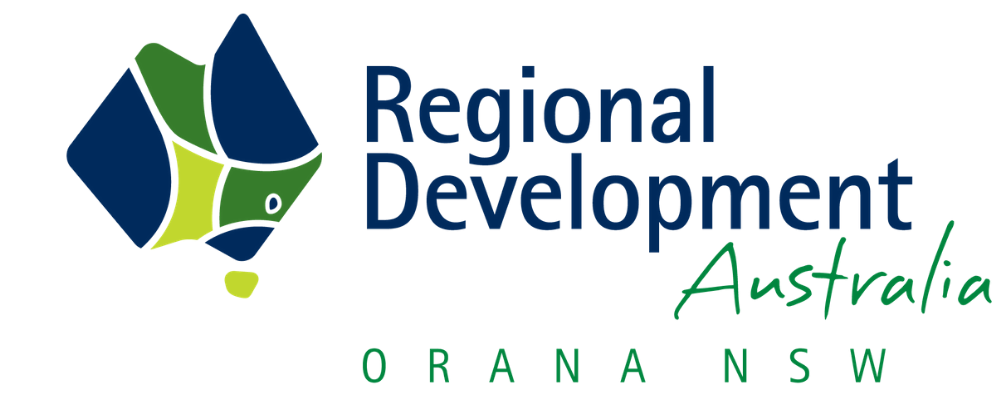Report: Governments should focus on enabling, not just funding, net-zero projects
A new report by CEDA has identified the necessity for governments to adopt a consistent framework and clear objectives in supporting clean energy projects, claiming funding is not enough to ensure success.
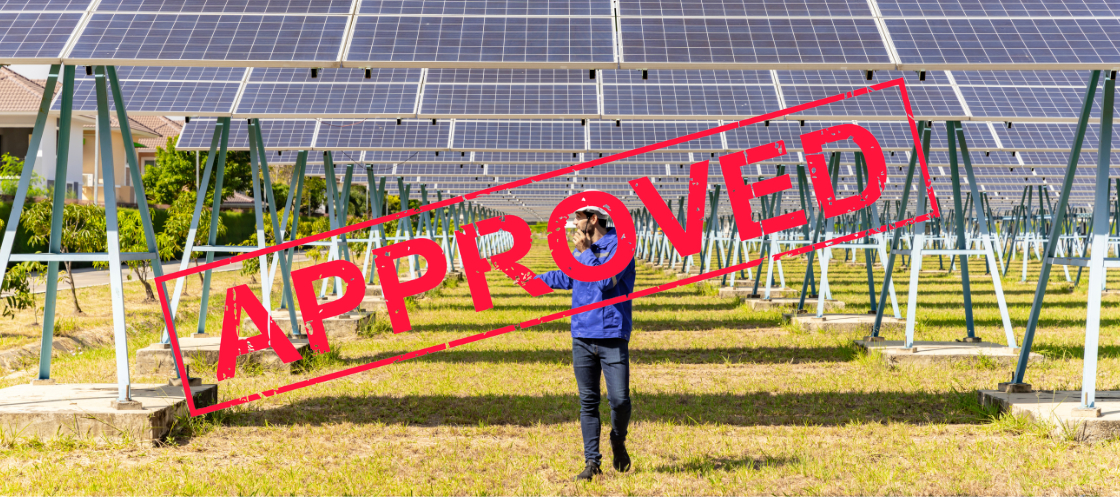
In their new report titled "Clean energy precincts: How to seize the green export opportunity," The Committee for Economic Development of Australia (CEDA) has called attention to the importance of prioritizing government support for clean energy precincts.
These precincts act as hubs for businesses, research institutions, start-ups, and education providers aiming for a low-or-no emissions future.
According to Andrew Barker, CEDA Senior Economist and author of the report, Australia has the potential to significantly contribute to the global transition by exporting clean energy and green products such as hydrogen, iron, aluminum, or ammonia.
"Some estimates suggest that while Australia accounts for just over one per cent of global emissions, it can replace about another seven per cent of global emissions through clean exports," Barker said.
The report offers several recommendations for optimizing government support for clean energy projects:
- Applying a consistent framework to support clean energy precincts, distinguishing between public investment in commercial projects and enabling development through coordination, shared infrastructure, planning, and community engagement.
- Ensuring that all clean energy precinct proposals have clearly articulated and measurable objectives linked to financial support.
- Emphasizing early and deep engagement with local communities to ensure successful project development.
- Cooperation across government levels and departments to update and simplify planning processes while maintaining environmental and community protection.
The global trend of governments investing over $US1.3 trillion in clean energy subsidies since 2020 has created both opportunities and risks, Baker said. He notes the importance of Australia choosing projects wisely to remain competitive in the long term, stating, "We don’t have to go dollar-for-dollar in our spending. But we can go toe-to-toe on the quality and impact of our policies."
Barker suggests that by removing barriers caused by complex and fragmented planning processes, as well as engaging communities, and supporting the best projects, Australia can maximize its opportunities in the clean energy sector.
CEDA is an independent think tank focused on achieving sustainable long-term prosperity for all Australians. Through research and debate, CEDA influences policy and collaborates to drive positive change.





